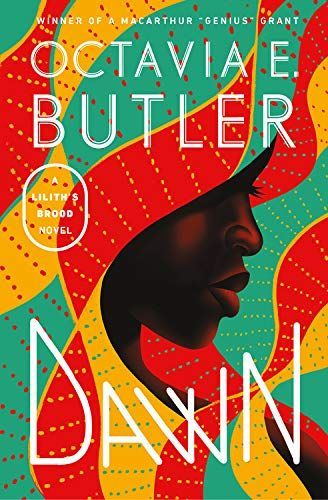
Dawn
One woman is called upon to rebuild the future of humankind after a nuclear war, in this revelatory post-apocalyptic tale from the award-winning author of Parable of the Sower. When Lilith lyapo wakes from a centuries-long sleep, she finds herself aboard the vast spaceship of the Oankali. She discovers that the Oankali - a seemingly benevolent alien race -- intervened in the fate of the humanity hundreds of years ago, saving everyone who survived a nuclear war from a dying, ruined Earth and then putting them into a deep sleep. After learning all they could about Earth and its beings, the Oankali healed the planet, cured cancer, increased human strength, and they now want Lilith to lead her people back to Earth -- but salvation comes at a price. Hopeful and thought-provoking, this post-apocalyptic narrative deftly explores gender and race through the eyes of characters struggling to adapt during a pivotal time of crisis and change.
Reviews
elizabeth@ekmclaren
Mike M@magikalmichael
liya n@liya_reads
Joe Mccaffery @five235
Meagan Fischer @mstypharatfinklatifolia
Cloudface@cloudface
Maya Johnson@sup3rn0va
Louise @readingwithlouise
Midori Kobayashi@snortingpages
Dweedle @dw33dle
p.@softrosemint
elif sinem@prism
vins@mortalatte
Simon Crocker@crockrocket
Judy Hudgins@knottyneedle
Jessica Smith@jayeless
Mahasin S Ameen@fivefootsmall
Jo H@psyche_eros
myonna@myonna
Sabrina D. @readingsofaslinky
Alice@aliceworldea
Kellie Cohoon@kelocoho
Elizabeth Jones@emariet20
Sadie Kimbrough@skimbs